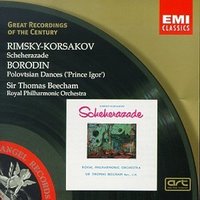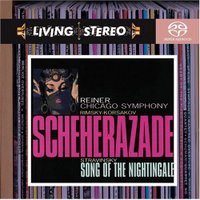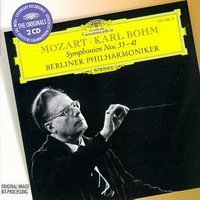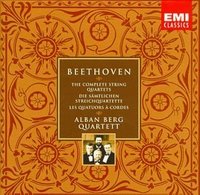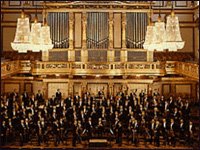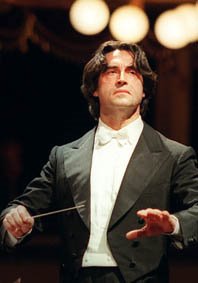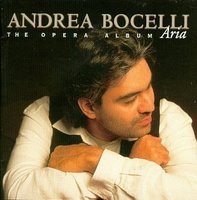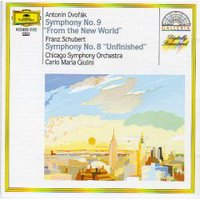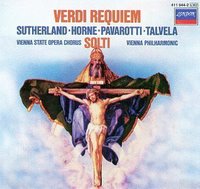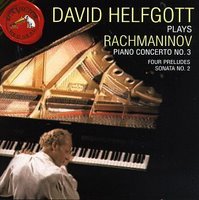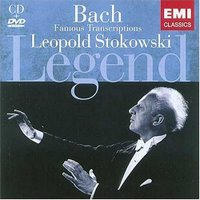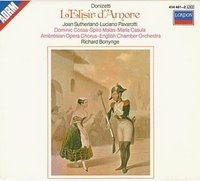 Here my friends we step into the beautiful, at times delicate, but certainly with a good concentration of humor, period of Bel Canto. And the recording I'd like to propose to you creates a very good image of what this period and style should be all about. A lot of people feel atracted to it for very understandable reasons. The music is very melodic and requires nothing more but a beautiful voice capable of nice trills. The overall feeling is of light, laid-back, fun-indulgent music that is extremely likable.
Here my friends we step into the beautiful, at times delicate, but certainly with a good concentration of humor, period of Bel Canto. And the recording I'd like to propose to you creates a very good image of what this period and style should be all about. A lot of people feel atracted to it for very understandable reasons. The music is very melodic and requires nothing more but a beautiful voice capable of nice trills. The overall feeling is of light, laid-back, fun-indulgent music that is extremely likable.Although, not the best and not the most famous of Bel Canto era production, Elisir d'Amore has lots of fans. The reasons are obvious when you start listening: beautiful music, some delightful areas and very funny moments. When done right one sees no reasons to call this a difficult work. Yet many dull recordings tell a different story. Many conductors have difficulties getting it right and the cast has to be in very good vocal shape and interpretative mood to pull it out in a convincing manner.
This recording has most if not all the qualities in place. It all starts, as it should, with Bonynge who gets a very good and consistent performance from the English enssemble in a very nice bel canto style (he proves his abilities with this music in his wonderful Lucia also) , managing to highlight the great moments of the opera and a detailed characterization of his characters. Then, come the two protagonists. Pavarotti is in the best shape I have ever heard him. The music and the character suit him nicely and he displays a gorgeous voice very well molded on the psychological profile of the music. Probably one of his best recordings alongside his remarkable Requiem. You won't hear a more beautiful and full of clean voice "Una furtiva lagrima". His feminine counterpart is equally good if not better. Joan Sutherland is also at a vocal peak and she's a treat throughout the opera. Their duets sound from a different world.
The supporting cast is less impressive yet does a good job "supporting" the two lovers. My favourite character in this opera, the hilarious huckster Dr. Dulcamara, is not served in the best way I've heard. For me, his voice is a little to heavy and not elastic enough especially for his introductory aria but he does a fine job nonetheless. Belcore, the other important character is better sang and acted (at least compared with Nucci, in the other Pavarotti recording with this opera) and even though plays a very imoprtant role in the opera I'm not very fond with him and I won't say more.
So, if you never listened to a bel canto opera this is a recommended first and if you like Elisir is also a mandatory addition to your collection.
